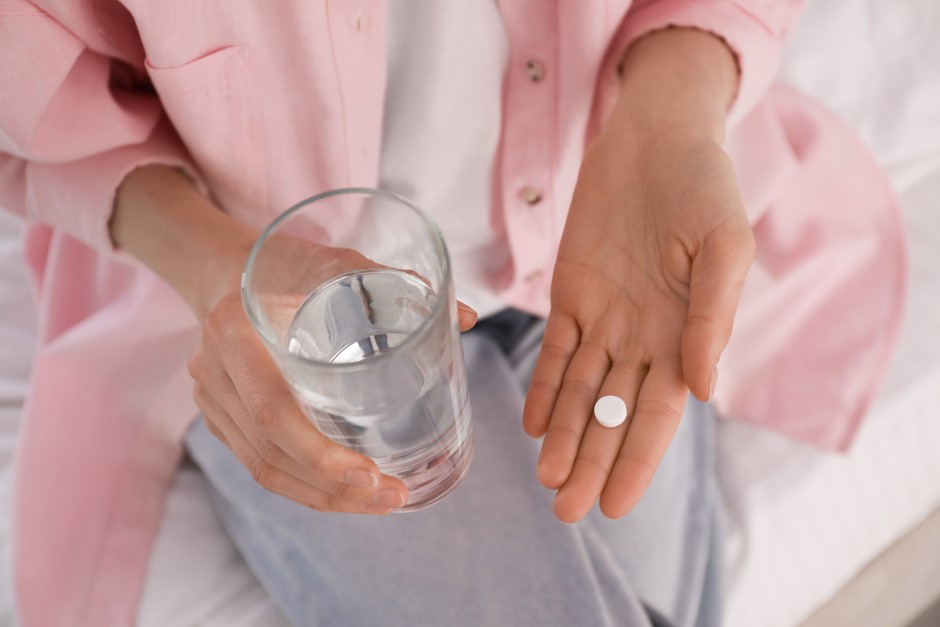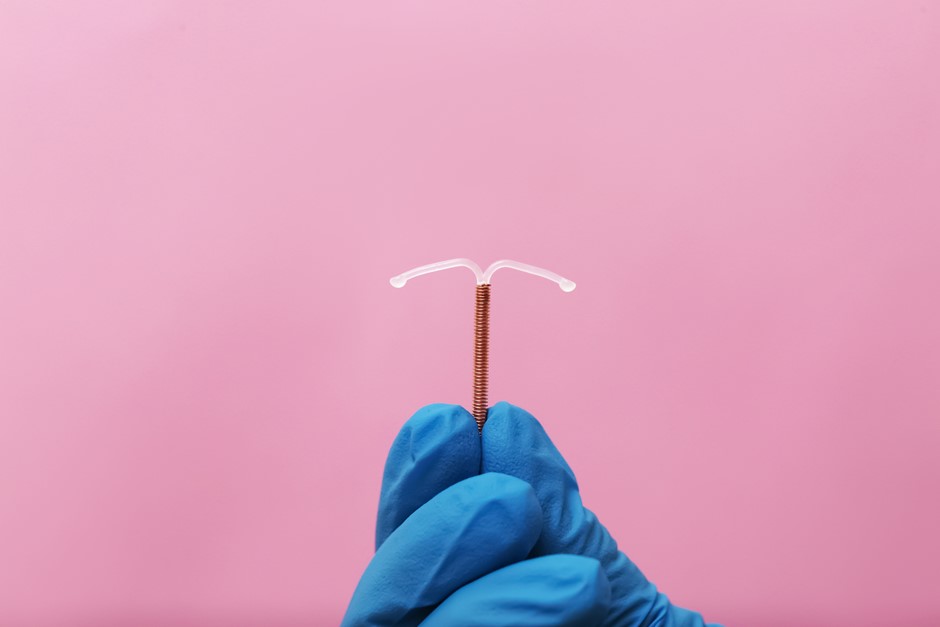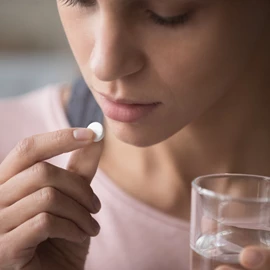If you’ve had unprotected sex and don’t want to get pregnant, it’s important to know your options when it comes to emergency contraception.
The main types of emergency contraception available in the UK are the morning after pill and the intrauterine device (IUD).
The Morning After Pill
There are two types of morning after pill. One has levonorgestrel as the active ingredient, while the other contains ulipristal acetate.
Levonorgestrel is a synthetic version of the natural hormone progesterone, which is produced in the ovaries. Taking this medicine works by preventing or delaying ovulation (the release of an egg). Levonorgestrel must be used within three days (72 hours) of sex to stop pregnancy. LoviOne is an example of a morning after pill that contains levonorgestrel. You can purchase it right here on our website, or at your local pharmacy.
Ulipristal acetate works by stopping progesterone from functioning as it normally does. It also stops or delays ovulation. This type of morning after pill has to be taken within five days (120 hours) of sex to stop pregnancy.
Most women can use the morning after pill, but there are some exceptions. For example, you shouldn’t take this treatment if you’re allergic to any of the ingredients in it, or if you take medicines that could interact with it. A pharmacist will be able to advise you on this.
The morning after pill doesn’t continue to protect you against pregnancy. If you’re looking for a follow-on daily oral contraceptive, Lovima may be a suitable option.

The IUD
The IUD, or coil, is a small T-shaped copper and plastic device that’s inserted into your womb by a nurse or doctor. It gradually releases copper, and this stops eggs from being fertilised or implanting in your womb. It can be fitted up to five days after sex to prevent pregnancy, and it can be left in as an ongoing form of contraception.
Most women can use the IUD, but it isn’t suitable for everyone. For example, it might not be appropriate for you if you have problems with your cervix or womb, you have unexplained bleeding after sex or between periods, or you have any untreated STIs. Again, a pharmacist or doctor will be able to advise you on this.





